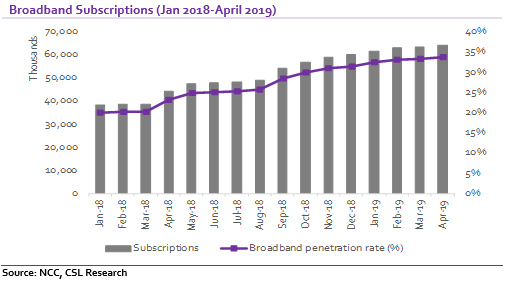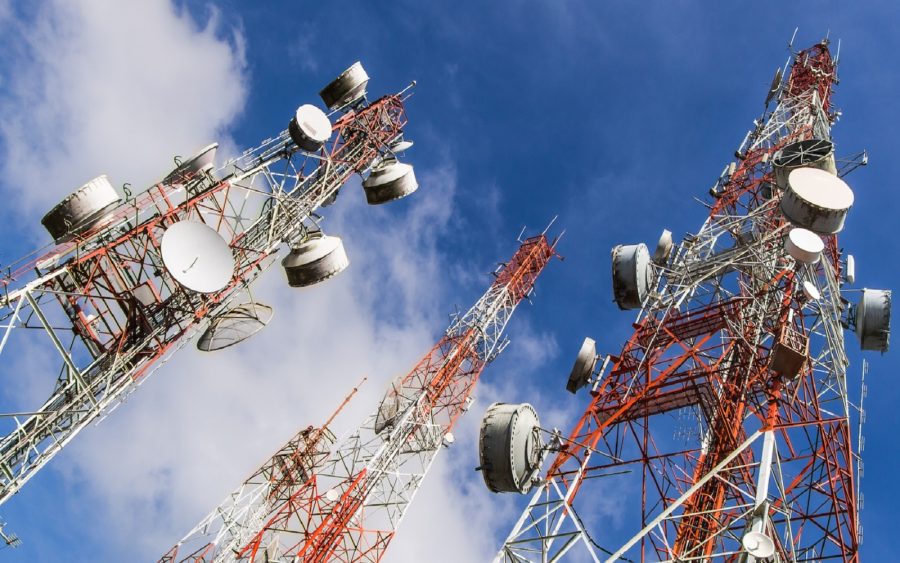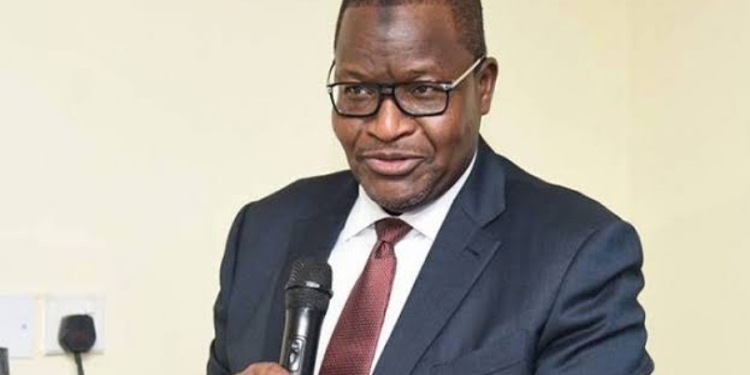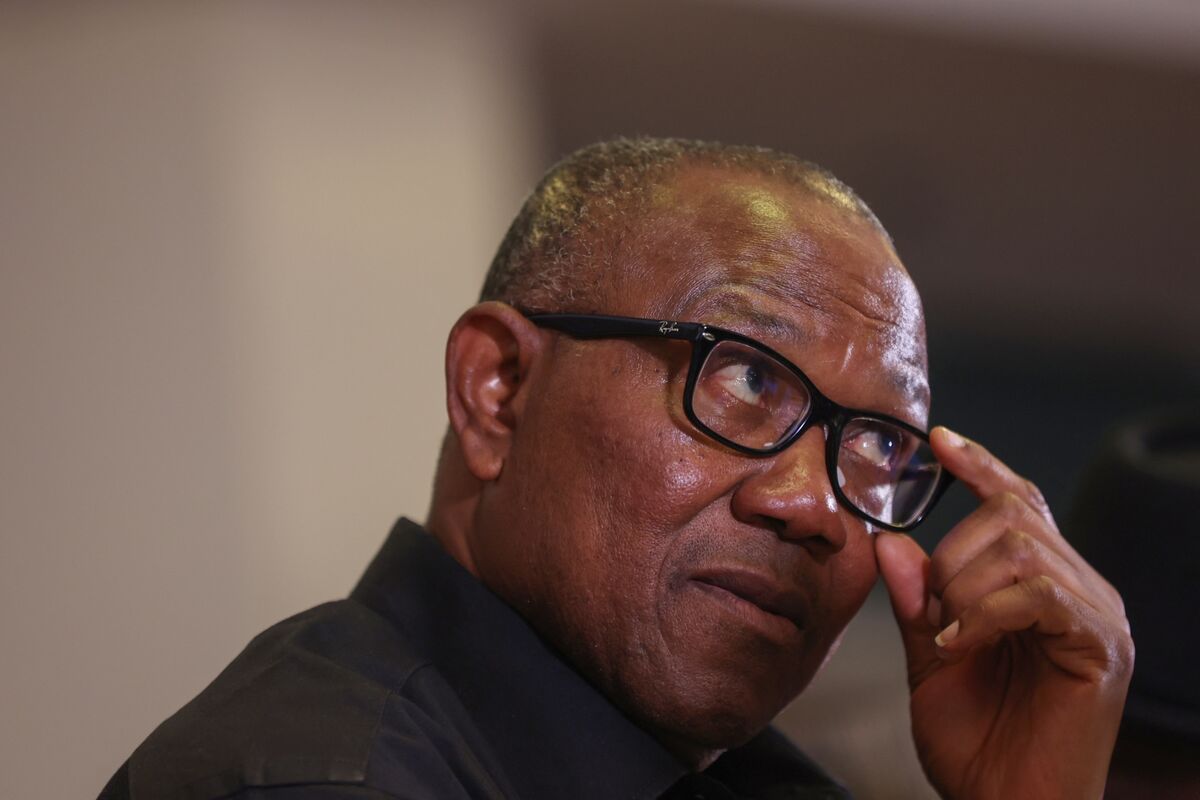Latest data from the Nigerian Communications Commission (NCC) has shown that Broadband penetration (measured by the number of broadband subscribers per 100 inhabitants) rose to 33.7% in April 2019 compared to 33.22% in the prior month. Similarly, the number of broadband subscriptions grew marginally by 1.5% to 64.3m in April 2019 from 63.4m in March 2019.
Broadband is a wide bandwidth data transmission which is used to transport multiple signals and traffic types. In terms of access to the internet, broadband is used to speed up internet access and also make it faster.
[YOU MAY LIKE: Nigerian Breweries’ CEO addresses acquisition plans and other issues]
The country set a five-year National Broadband Plan, which ran from 2013 to 2018. It has a set target of a minimum of 30% broadband penetration which was attained in December 2018. According to the Executive Chairman of NCC, Professor Umar Danbatta, the growth in broadband penetration can be attributed to the ambitious expansion of the major network players in the industry, particularly in states such as Lagos, Kano, Rivers, Oyo and FCT, Abuja.
Also, the granting of licenses to about six infrastructure companies to drive the development of infrastructure across the nation’s geographical zones helped out.
Danbata, however, noted that multiple regulations, right of way and delayed permits were some of the challenges still affecting broadband penetration.

The growing use of smartphones among the teeming population, improvement in mobile penetration, rising population density, and urbanisation amid favourable population demographics characterised by youths (a key growth driver of mobile and ICT technologies) reinforces our view that there is significant upside potential for growth in broadband penetration in Nigeria.
[READ MORE: FY 2018: Presco Plc declares 200 kobo per ordinary share dividend]
CSL STOCKBROKERS LIMITED CSL Stockbrokers,
Member of the Nigerian Stock Exchange,
First City Plaza, 44 Marina,
PO Box 9117,
Lagos State,
NIGERIA.















.gif)






